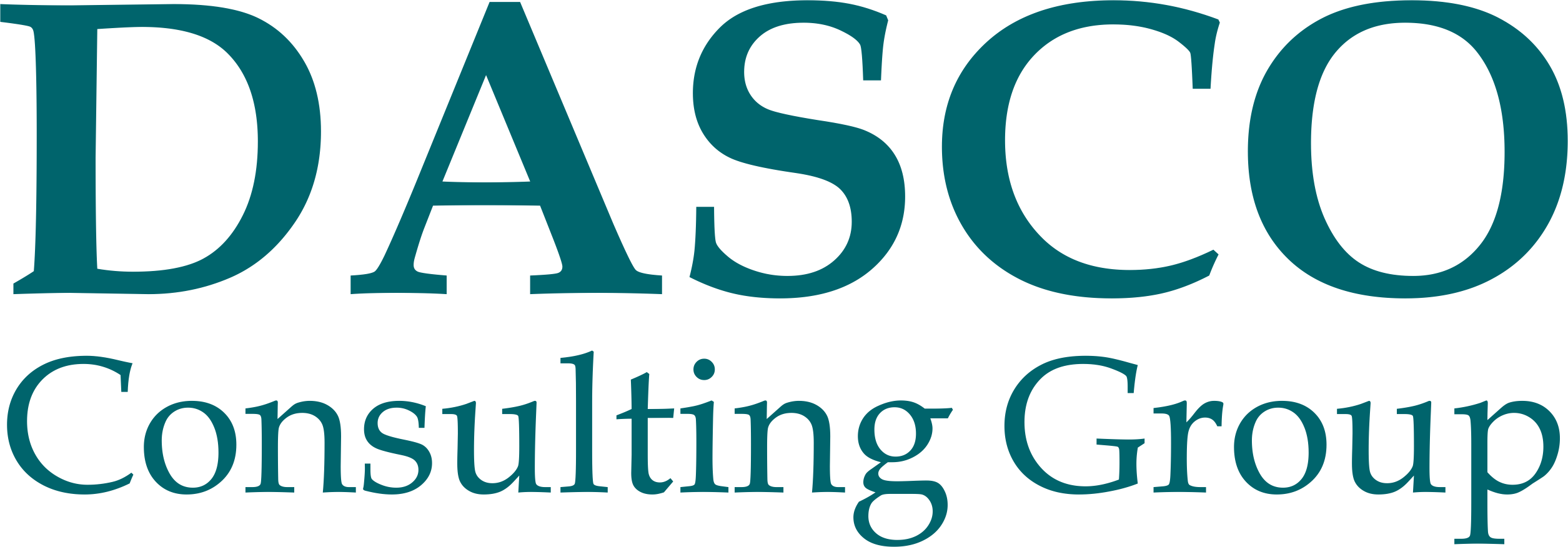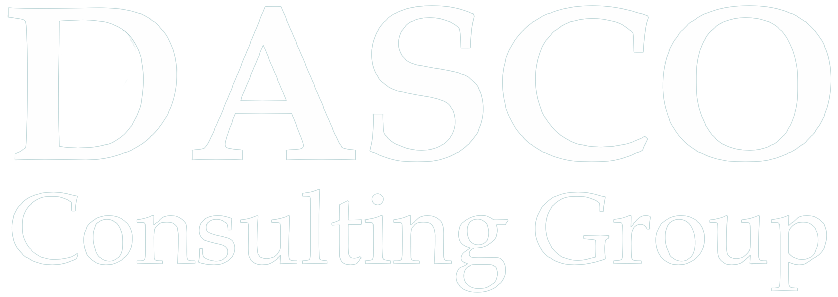Despite government tries to support business, many private companies in the SME sector will not survive the difficult period or will come out of the quarantine with heavy losses.
Here it is worth noting that SMEs are often risky activities, and in this case, for private entrepreneurs, all the risks were realized at once:
(1) The price of oil fell and the revenues of the National Fund and the state budget began to fall,
(2) The dollar exchange rate rose against the tenge and it became more difficult to buy foreign goods, components and services,
(3) Widespread cutbacks and leave without pay began and the ability to pay fell as a result
(4) Most organizations have sent employees to remote quarantine, and many small businesses have, in fact, stopped.
In this regard, the opinion of the master of the game "What? Where? When?" -mathematician and market researcher Maxim Potashev, who in a recent Facebook post explained why you should not open your own business, deserves close attention.
Unlike the recently proliferating "coaches" and "motivators" promising business growth through "unique" approaches, Potashev gives an honest breakdown: for one successful project in a private business there are always several failures. Therefore, entrepreneurship is not always the way to solve financial problems. Without the proper experience and skills, ruin may await you. Hundreds of thousands of victims of the Great Depression and cyclical global crises confirm this.
There are too many illusions in personal business and even more stumbling blocks. It should be clearly understood that running a business is risky - any restaurant, hotel or children's center has a direct risk that it will have few or no customers. That is why in order to maximize their income is important to conduct a thorough analysis of the risks.
At the same time, the creation of their own business, there are alternative ways in which you can get a stable and often even higher income.
First, you can get a job. Going into a stable system as an employee means accepting income with as little risk as possible. Especially if it is a job in a stable environment - in the civil service, in international organizations, in multinational or national companies. As the current situation shows, those who have bet on wage-earning jobs have fared better than many entrepreneurs.
In Kazakhstan in the pre-crisis moment there were about 6.6 million employees, including 90 thousand civil servants, 300 thousand employees of quasi-public sector, about 700 thousand teachers and doctors. It is these categories, as well as the military and law enforcement officers, that are protected to a certain extent from economic shocks.
Some might argue, rightly, that it's hard to get a good salary in a good organization. But in business, it's even harder to get into a pool of highly profitable businesses, and the risks are higher.
Secondly, people who have some expertise can act as freelancers for many organizations, getting involved in several projects at once. According to industry portals, there is currently a list of about 600 freelance professions that the service market is interested in. For example, a year ago there were about 60 million freelancers in the United States and more than 11 million in the United Kingdom.
The obvious advantage of freelancing is that one efficient worker can have several customers at once. A business consultant, designer, doctor, teacher, journalist, cab driver, cleaner have a digital platform or self-promotion skills and they can engage in freelancing. Take, for example, the designer who can take orders through the 99designs system, even from Brazil. Also we have a good example of cab drivers who simultaneously use the services of Yandex. Cab, Bolt and InDriver.
Thirdly, if you have strong communication skills, you can become an Ambassador, a representative of international companies and brands.
These include technology and consulting companies, product and equipment manufacturers, traders and global network marketing leaders.
For example, an acquaintance of mine is a facilitator for an international networking project. He travels around the country, promoting a product that is backed by many years of production and supported by extensive advertising campaigns. That is, in this model, the person has no production risks and costs, and his personal income depends only on the volume of sales generated not by him, but by his "mentees.
Fourthly, you can go into business, but choose models where the risk will be minimal. For example, some entrepreneurs open a franchise business where risks are reduced due to quality standards, centralized marketing and other advantages. It is not a coincidence that, according to some estimates, about 40% of the world's merchandise turnover is done through franchise networks.
I know an example in which a foreign mathematics school conducts courses for teachers and teaches its own methodology. At the end of the training, participants are given a set of materials so that people can open their own business under a common brand anywhere in the world. In this way, the company does not spend money on opening its own branches and earns money on the sale of training manuals. And instructors earn money on clients and at the same time enjoy all the benefits of being under the "umbrella" of an international training school.
In other words, those who want to maximize income are always taking risks, but it is possible to earn with a significant reduction in risk. In a crisis, this approach is more rational for most people.
One of the largest crises in the history of the modern world will force people to take a new look at private projects and increase, with an adequate response, society's loyalty to wage labor. And the overestimation by entrepreneurs of their own potential and a significant increase in the risk pressure will be another conclusion at a time of pandemic.


